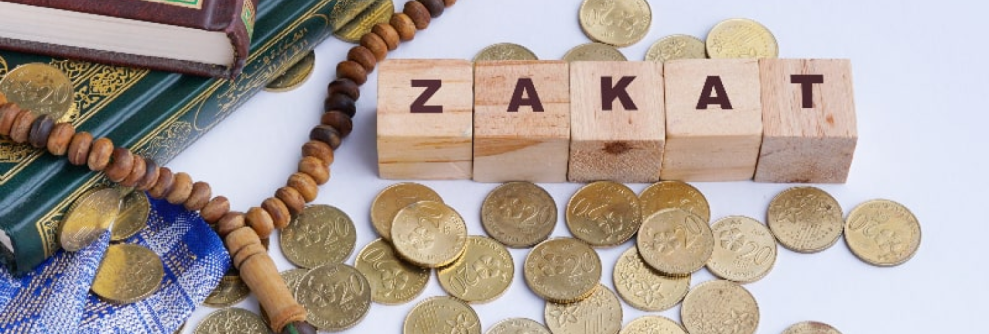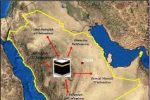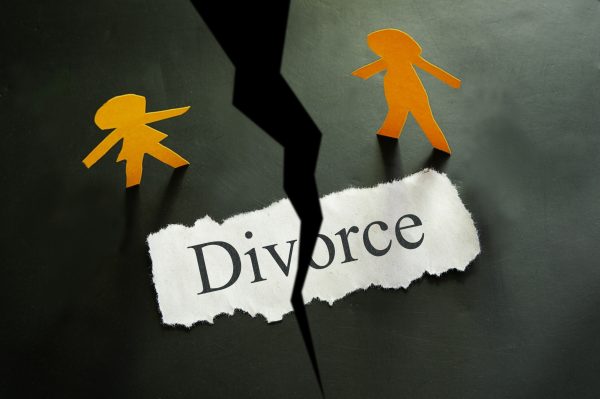Zakat On Unreceived Pension
Zakāt On Unreceived Pension
I understand that zakāt is due on a defined contribution scheme pension. If I choose to pay the zakāt after a few years, what happens if I pass away and never receive that pension? Is the zakāt still necessary?
Answer
بسم الله الرحمن الرحيم
Zakāt is due on the defined contribution scheme on a yearly basis and should be paid yearly also. However, if you have postponed paying zakāt, then the yearly zakāt must be recorded as a debt which must be paid.
Now, if the pension pot owner passes away before taking the pension, then that is a debt which should be taken from the estate. However, as unpaid zakāt is a debt ‘owed to Allah’, then this is treated slightly differently to other debts. This can be understood in the following scenarios:
- The deceased made a waṣīyyah to discharge the unpaid zakāt, and the zakāt was less than one third of the whole estate. In this scenario, the executors must pay the entire outstanding zakāt before any inheritance is distributed.
- The deceased made a waṣīyyah to discharge the unpaid zakāt, and the zakāt was more than one third of the whole estate. In this scenario, the Ḥanafīs opine that one third of the estate must be given in zakāt. As for the remaining unpaid zakāt, the adult inheritors can voluntarily pay this on behalf of the deceased.
- The deceased never made any such waṣīyyah. In this scenario, the Ḥanafīs again hold that the adult inheritors can voluntarily pay this on behalf of the deceased. The other three schools consider zakāt like any other debt which must be cleared fully before any inheritance is distribute, whether the deceased made a waṣīyyah or not.[1]
And Allah knows best
Ibrāhīm ibn Muḥammad
[1] قال الزيلعي: والمراد بالدين دين له مطالب من جهة العباد لا دين الزكاة والكفارات ونحوها لأن هذه الديون تسقط بالموت فلا يلزم الورثة أداؤها إلا إذا أوصى بها أو تبرعوا بها هم من عندهم لأن الركن في العبادات نية المكلف وفعله، وقد فات بموته فلا يتصور بقاء الواجب (تبيين الحقائق: 6/230).
وقال ابن عابدين: وظاهر التعليل أن الورثة لو تبرعوا بها لا يسقط الواجب عنه لعدم النية منه ولأن فعلهم لا يقوم مقام فعله بدون إذنه تأمل (رد المحتار: 6/760).
وقال الزحيلي: وعلى كلٍ فالديون أربعة أنواع..(2) ديون الله تعالى: كالزكاة والكفارة والنذور، تسقط بالموت عند الحنفية، ولا يجب على الورثة أداؤها عن الميت إلا بإنابة منه بأن يوصي بها أن تؤدى عنه من تركته، فتؤدى من ثلث المال فقط.
وقال الجمهور من المالكية والشافعية والحنابلة: هذه الديون واجبة الأداء ومتعلقة بالتركة، وتؤدى ولو لم يوص بها الميت، وهذا الرأي أصح لما فيه من إبراء الذمة (الفقه الإسلامي وأدلته).





